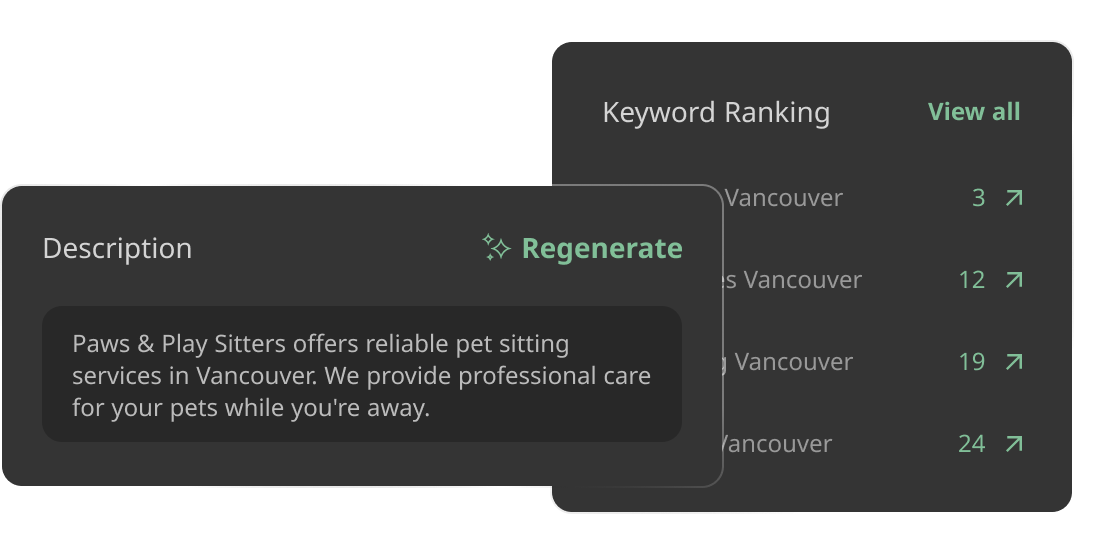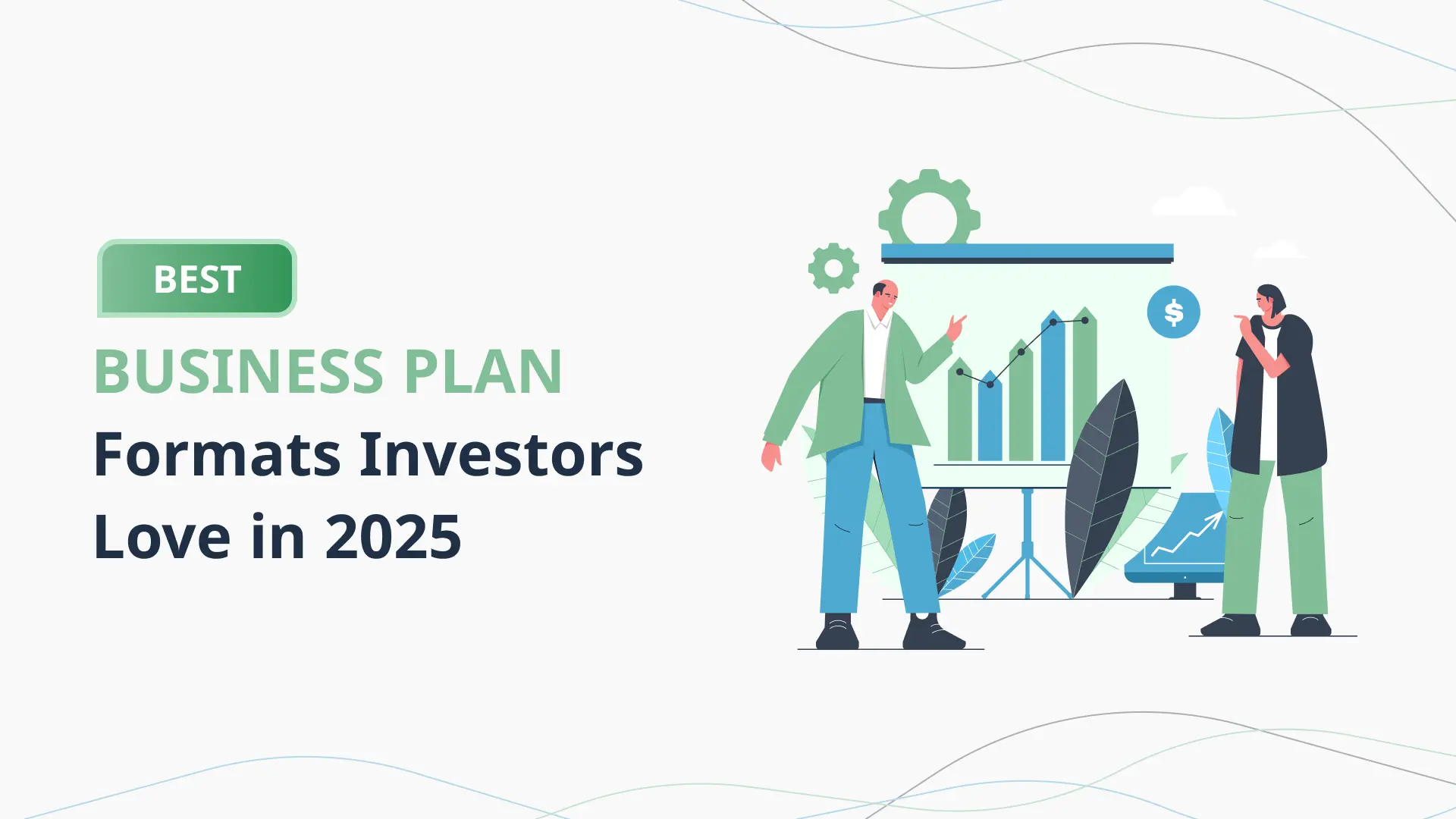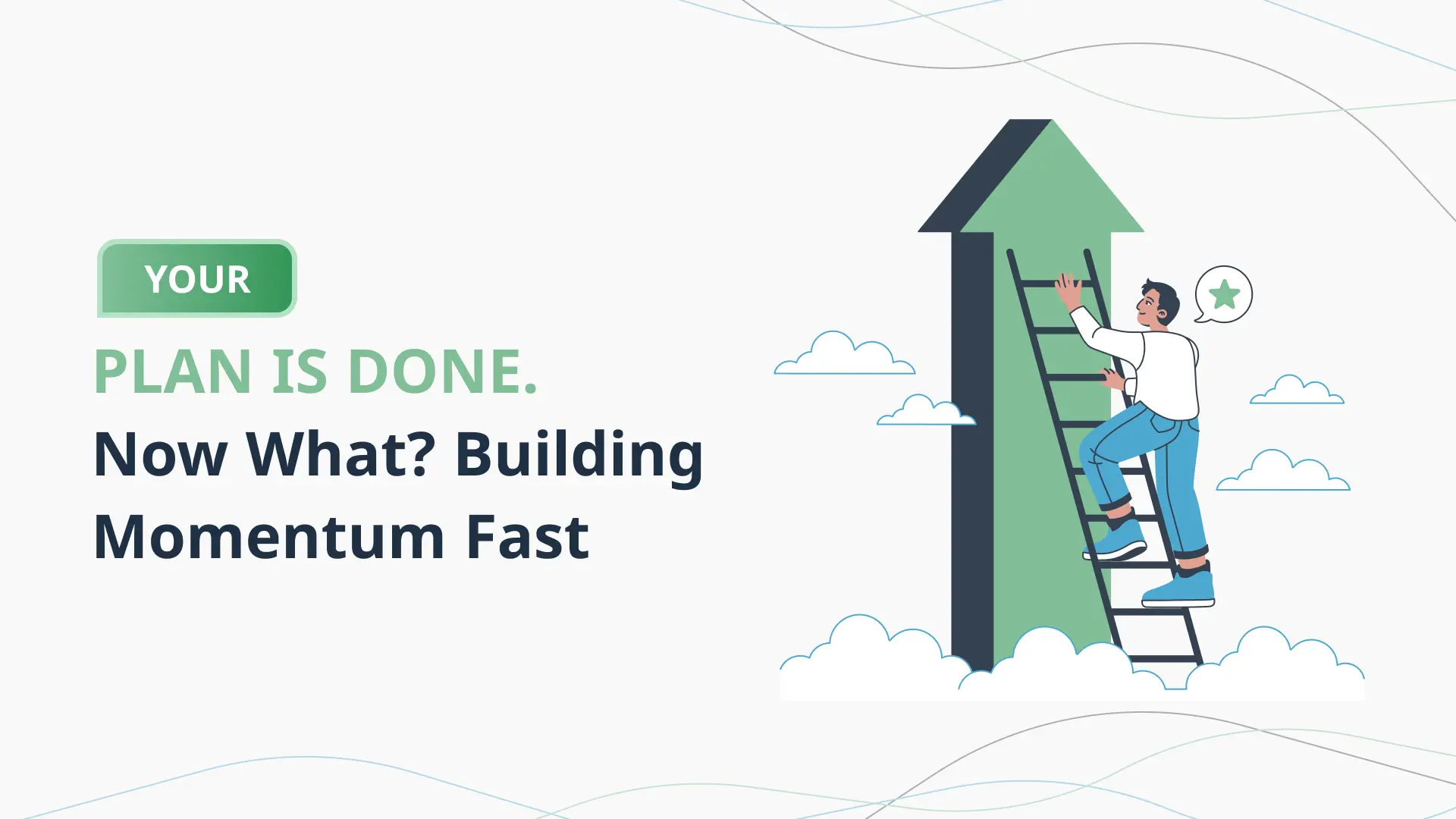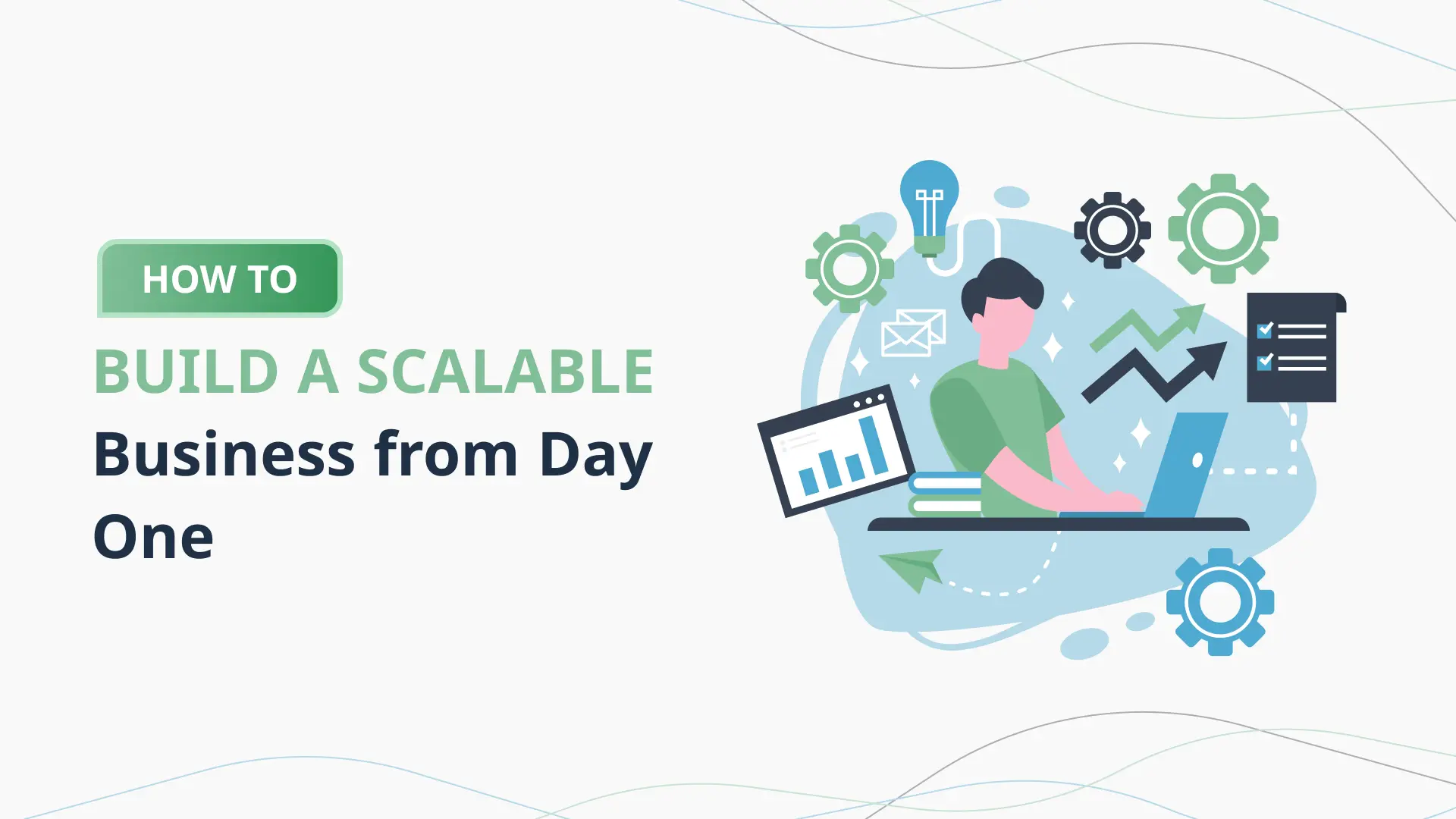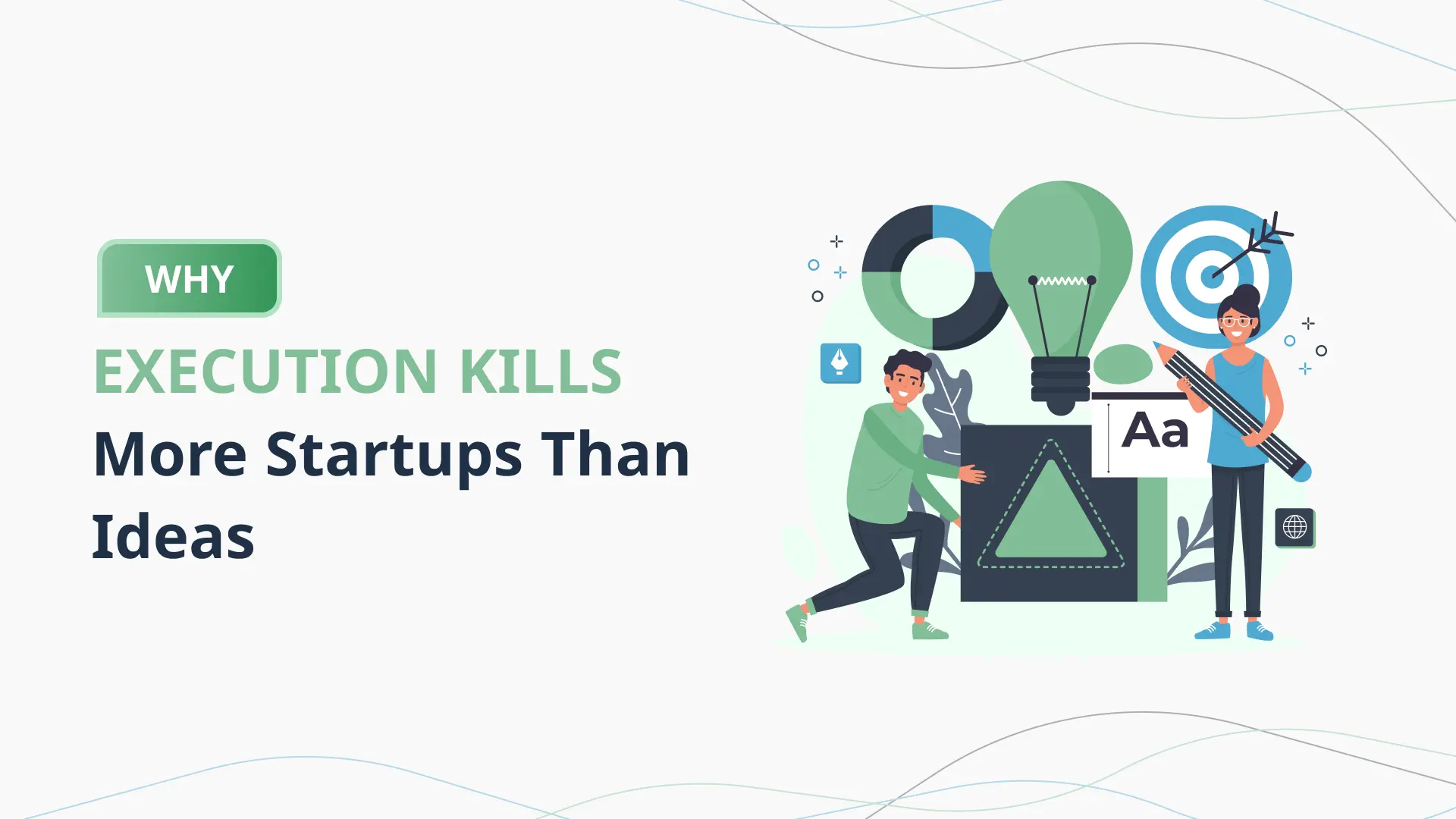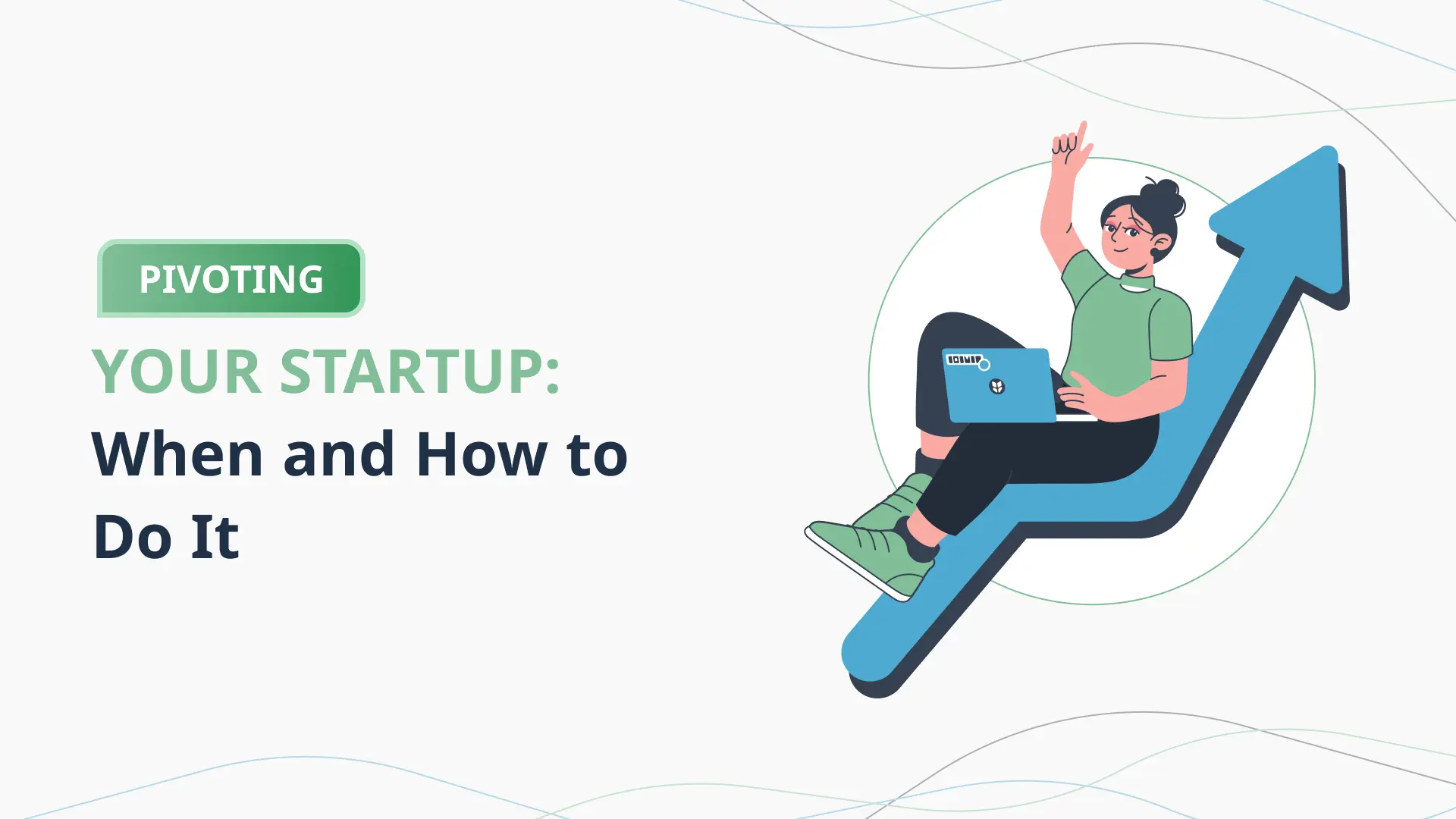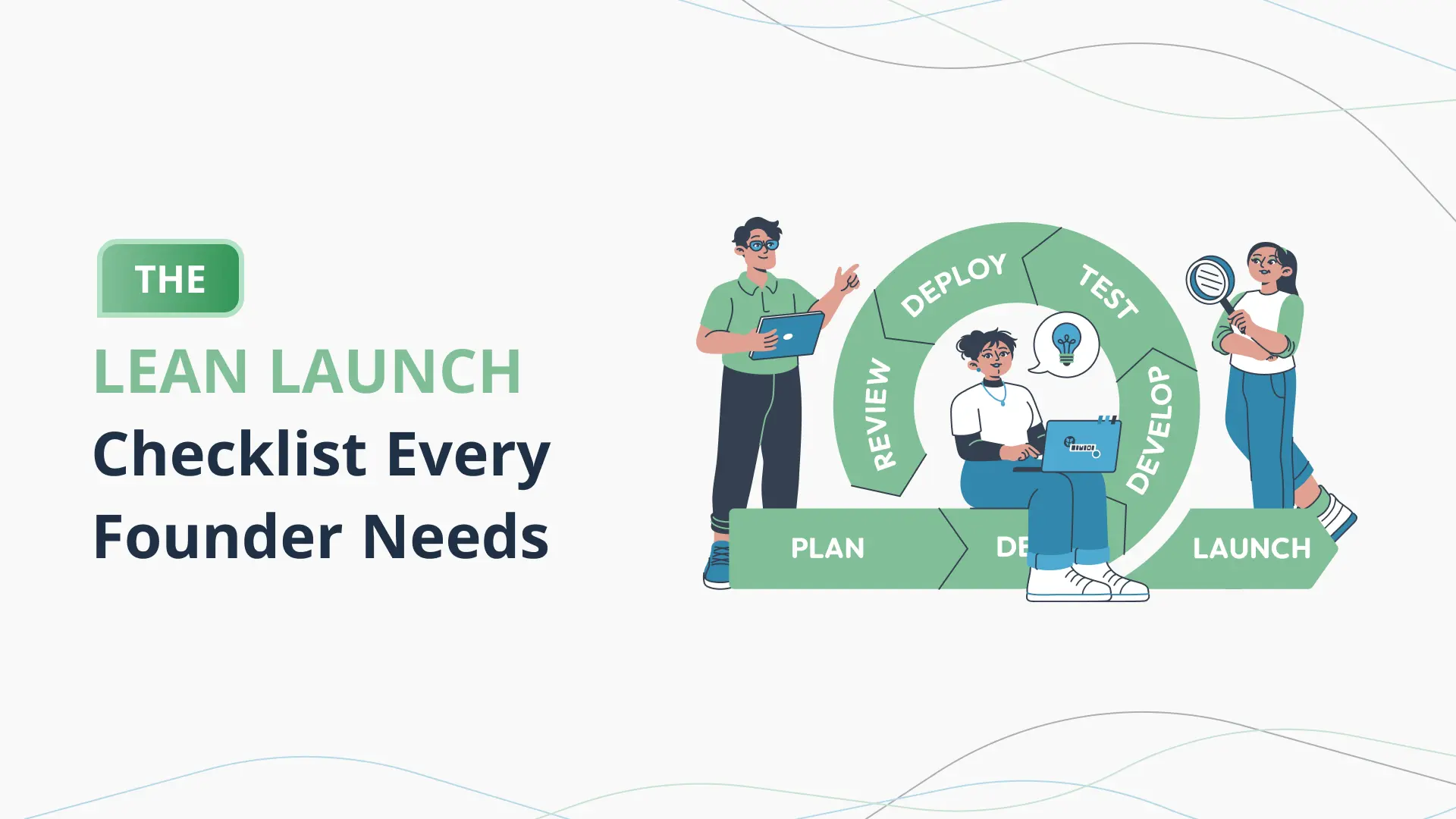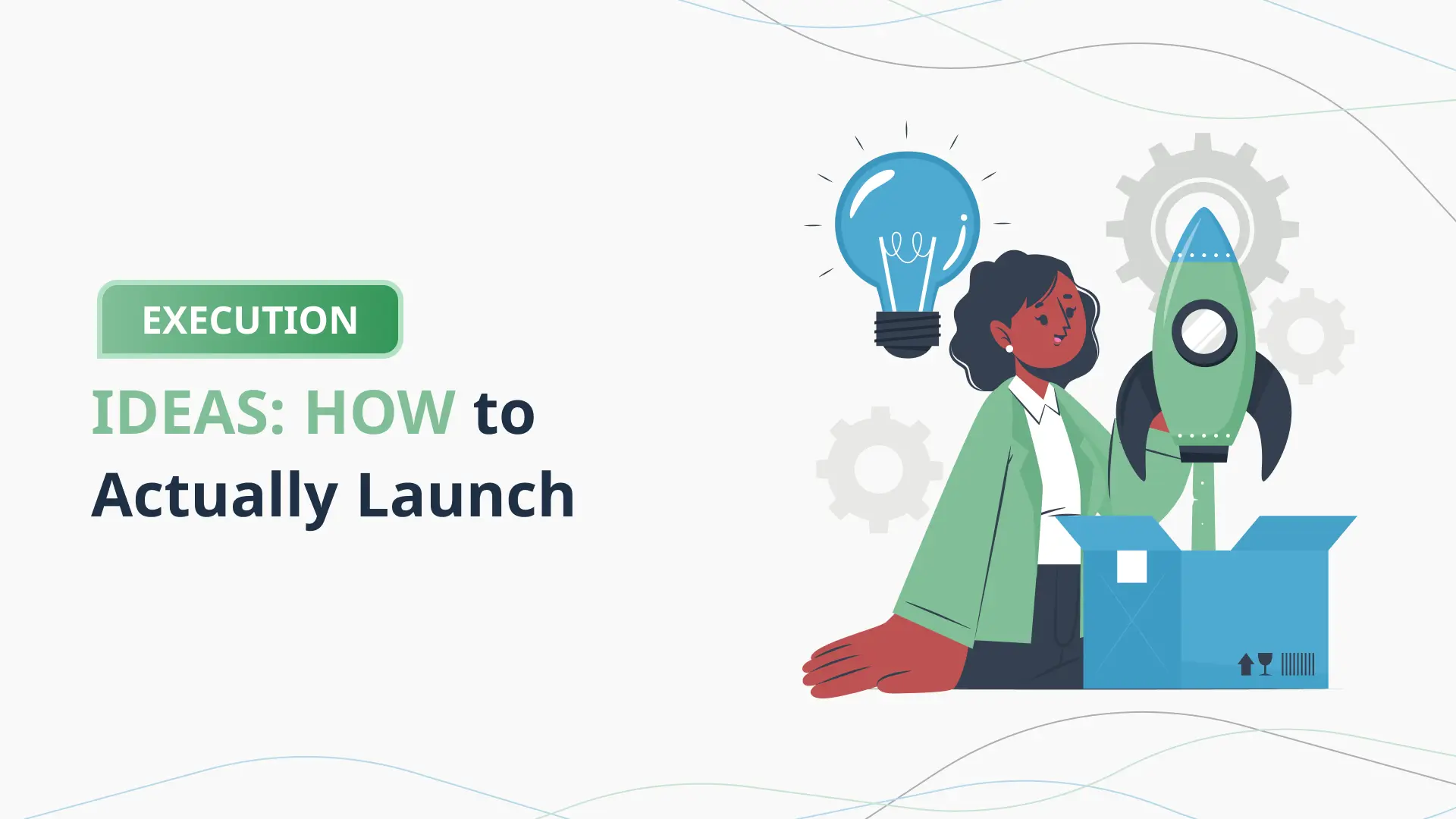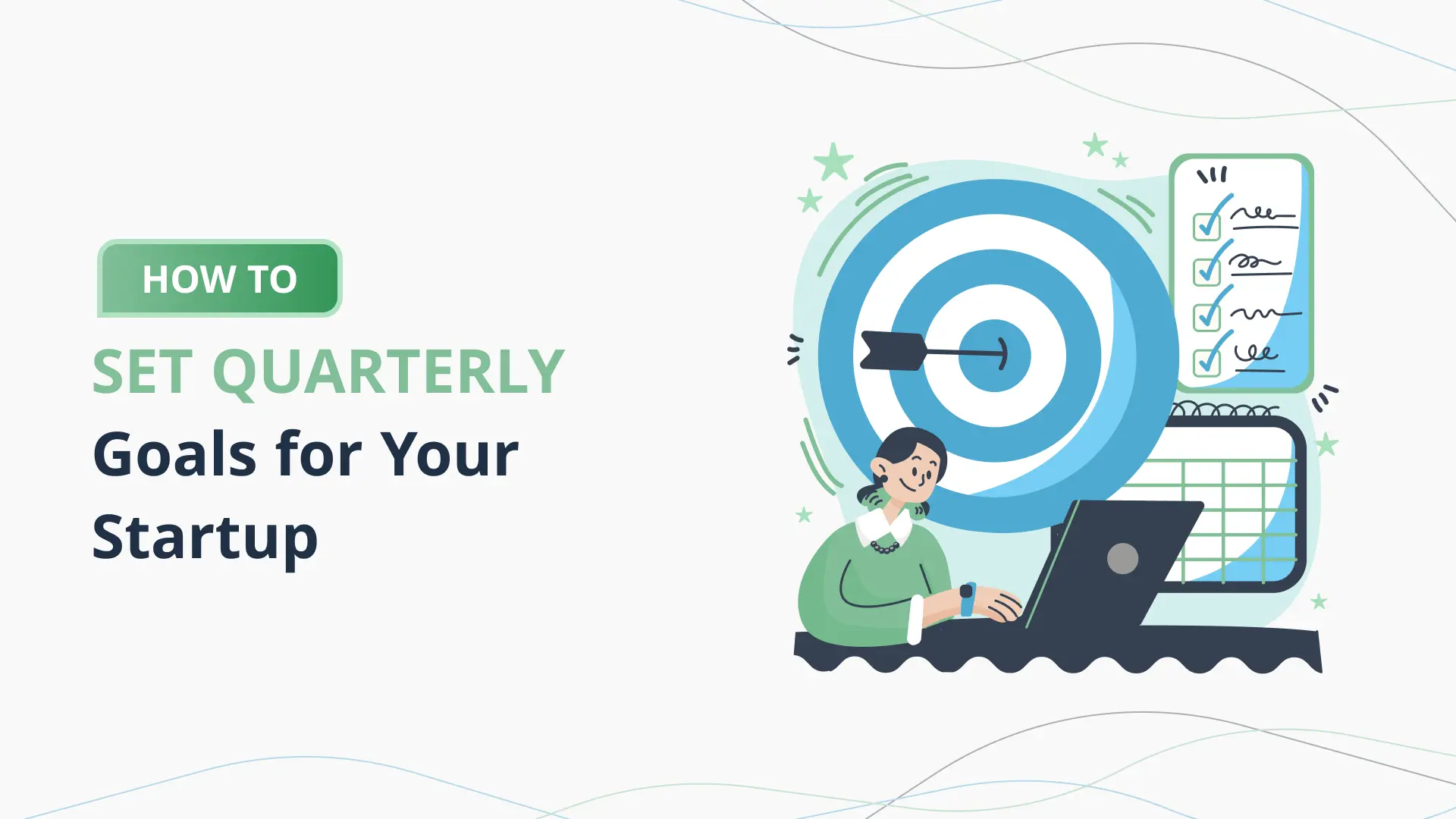Automating Your Business Plan: Benefits & Drawbacks
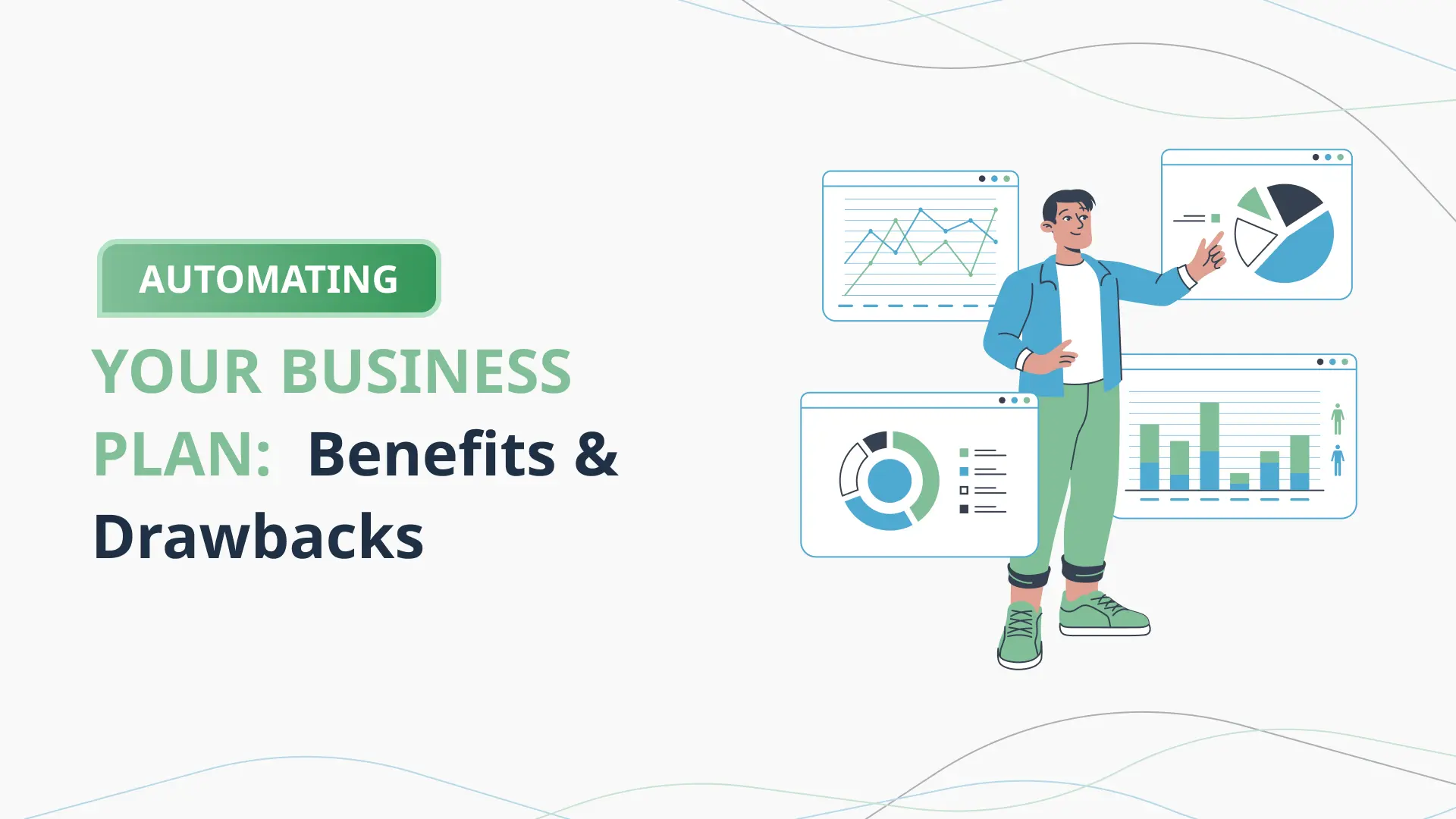
Introduction
In today’s fast-evolving business landscape, efficiency is more than a luxury—it’s a necessity. Startups and established companies alike face immense pressure to innovate quickly, adapt to market changes, and execute with precision. At the core of this process lies the business plan—a foundational document that maps out strategy, operations, and financials. Traditionally, creating a business plan has been a labor-intensive, time-consuming task, often requiring expert consultation and countless revisions.
But what if this complex process could be simplified, accelerated, and enhanced using technology? Enter the era of AI-driven automation.
With the rise of AI business plan tools and startup planning apps like PlanVista, entrepreneurs now have access to platforms that can generate comprehensive, data-backed business plans in a fraction of the time. These tools not only streamline the writing process but also offer insights based on current market data, competitor analysis, and industry trends.
However, while automation promises speed and convenience, it also raises important questions. Can an algorithm truly understand the nuances of your business? Will AI-generated plans reflect your brand’s unique voice and values? Are there risks in relying too heavily on technology for strategic decisions?
This blog explores the multifaceted world of automated business planning. We’ll unpack the benefits that AI tools bring to the table—such as time savings, data-driven decision-making, and scalability. We’ll also examine the drawbacks, including concerns about generic outputs, limited customization, and potential over-reliance on technology.
Ultimately, we’ll help you determine whether automation is the right move for your business planning needs, and how to make the most of tools like the PlanVista app without losing sight of your vision.
The Rise of AI in Business Planning
Over the past decade, artificial intelligence has transformed the way businesses operate—from automating customer service with chatbots to optimizing supply chains through predictive analytics. One of the most impactful, yet often overlooked, applications is in business planning. The traditional approach to crafting a business plan involved hours of research, manual calculations, strategic brainstorming, and multiple drafts. AI has reshaped this process into something faster, smarter, and more dynamic.
AI business plan generators leverage machine learning algorithms, natural language processing, and big data analytics to help entrepreneurs and business owners produce comprehensive business plans quickly. These tools analyze user input, incorporate real-time market data, and structure the information in professional formats suitable for investors, partners, or internal use. What once took weeks can now be accomplished in hours or even minutes.
The rise of these tools is closely tied to the growing need for agile business practices. Startups, in particular, benefit from AI-powered planning tools because they often lack the resources to hire consultants or dedicate full-time staff to strategic planning. Tools like the PlanVista app serve as a virtual business advisor, guiding users through the entire planning process with intuitive templates, smart suggestions, and built-in analytics.
In larger organizations, AI tools are being used to complement strategic planning departments. For example, enterprise-level businesses use AI to run simulations, generate what-if scenarios, and evaluate potential investments or market expansions. This data-driven approach enables more informed decision-making and allows leadership teams to adapt their strategies in real time.
Importantly, these AI solutions are becoming more user-friendly. You no longer need to be a data scientist or business strategist to draft a viable plan. The democratization of business planning through AI empowers more people to bring their ideas to life, fostering innovation across industries.
However, as adoption increases, so does the need to understand both the capabilities and limitations of these tools. AI is a powerful ally, but it’s not a silver bullet. Understanding its role in the business planning process is essential for using it effectively and responsibly.
Benefits of Automating Your Business Plan
Automating your business plan offers a wide array of benefits, particularly for entrepreneurs and small teams looking to move quickly without sacrificing quality. Leveraging an AI business plan tool like PlanVista can transform what was once a tedious process into a streamlined and intelligent exercise. Here’s how automation delivers value at every stage of planning.
1. Time Efficiency
Traditional business planning can take days or even weeks. With AI-powered automation, you can generate a fully-structured business plan in a fraction of the time. These tools are designed to handle research, formatting, and even initial financial modeling. For startups needing to pitch investors quickly or pivot due to market conditions, this speed can make all the difference.
2. Improved Accuracy
AI-driven platforms minimize human error by leveraging structured data and built-in templates. For example, financial projections are calculated based on standard industry formulas and benchmarks, reducing the likelihood of flawed assumptions. PlanVista, in particular, integrates real-time data to ensure your projections align with market realities.
3. Scalability
As your business grows, so do the complexities of your planning needs. Manual processes can struggle to keep up, but AI tools are built to scale. Whether you’re adding a new revenue stream, entering a new market, or updating operational strategies, automated planning tools can adjust quickly and efficiently.
4. Cost Savings
Hiring consultants or dedicating staff to develop a business plan can be expensive. Automating the process with an affordable tool like PlanVista significantly reduces these costs, freeing up capital for other critical areas such as marketing, product development, or hiring.
5. Consistent Structure and Presentation
Investors and stakeholders expect business plans to follow a certain format. AI generators ensure consistency across sections—executive summary, financials, market analysis, operations—making your plan look professional and cohesive from start to finish.
6. Data-Driven Insights
One of the most powerful benefits of automation is the ability to integrate and analyze data. AI business plan generators can tap into market trends, customer demographics, and competitor data, offering insights that help you make smarter strategic decisions. This intelligence layer ensures your plan isn’t just well-written—it’s also grounded in reality.
7. Accessibility and Usability
Modern AI business planning tools are built with user experience in mind. Platforms like PlanVista feature drag-and-drop interfaces, guided workflows, and customizable templates that make them accessible even to non-technical users. This democratizes business planning, enabling more people to bring their ideas to market with confidence.
In sum, automating your business plan can help you save time, reduce costs, increase accuracy, and create a more compelling case for your business. The result? A faster path from idea to execution—and a stronger foundation for growth.
Drawbacks and Challenges of Automation
While automating your business plan offers a host of advantages, it’s equally important to recognize the limitations and potential pitfalls that come with relying on AI tools. Automation, for all its speed and efficiency, isn’t a magic wand—it still requires strategic oversight and critical thinking.
1. Limited Personalization
AI business plan tools often operate based on templates and predefined frameworks. While this helps maintain consistency, it can also lead to generic results that fail to reflect the unique aspects of your business. A bakery in Brooklyn and a cloud software startup might both use the same structure, but their visions, values, and challenges are wildly different. Without human input to personalize content, your business plan may lack the distinct voice and storytelling investors often look for.
2. Dependence on Data Quality
AI systems are only as good as the data they’re trained on or provided. If the information you input is outdated, incomplete, or inaccurate, the output will mirror those flaws. Market forecasts, customer segmentation, and financial assumptions must be reviewed carefully—blindly trusting AI-generated data can result in poor decision-making and missed opportunities.
3. Lack of Strategic Nuance
Business planning isn’t just about numbers and projections—it’s about understanding market psychology, competitive behavior, and the intangible elements that drive long-term success. AI can process facts and trends but often struggles with abstract reasoning and visionary thinking. It may not consider subtle but crucial elements like company culture, long-term brand positioning, or founder ethos.
4. Risk of Over-Reliance
One of the biggest dangers of automation is the temptation to offload too much responsibility to machines. Entrepreneurs may assume that because a tool like PlanVista generates a sleek, structured plan, their strategic work is complete. This false sense of security can lead to missed insights and shallow engagement with the plan itself. Business planning should remain an active, iterative process—not a one-click solution.
5. Security and Confidentiality Concerns
Business plans contain sensitive information, from financial projections to market strategies and intellectual property details. Storing this data in cloud-based AI tools requires robust security measures. While platforms like PlanVista prioritize data protection, users must be cautious and ensure that any tool they choose complies with relevant data privacy regulations.
6. Learning Curve and Tool Limitations
Even the most intuitive tools require some learning. Users unfamiliar with financial jargon or strategic frameworks may misinterpret automated suggestions or misuse features. In addition, not all AI tools offer the same level of sophistication—some may lack industry-specific support or advanced customization options.
In summary, while automation is a powerful enabler, it is not a substitute for critical thinking and personalized strategy. The best outcomes come from blending AI capabilities with human insight. By understanding these challenges, businesses can approach automated planning with eyes wide open—leveraging the benefits while avoiding common missteps.
Real-World Examples of AI in Business Planning
Understanding how AI-powered business planning tools perform in real-world scenarios provides valuable perspective. Across industries—from startups to multinational corporations—organizations are increasingly relying on AI to enhance their strategic planning processes. These examples highlight how automation can be applied effectively, and the tangible results it can produce.
1. Tech Startups Streamlining Investor Proposals
Many tech startups operate with limited time and resources. A small SaaS company in Austin used the PlanVista app to build a comprehensive business plan for investor pitches. With the app’s guided templates and automated financial modeling, they produced a detailed, data-driven plan in just two days—a process that previously took weeks. The plan included competitor analysis, market sizing, and growth projections, all generated using current market data integrated into the platform. This speed and clarity helped them secure seed funding faster.
2. Retail Chains Planning Market Expansion
A regional clothing retailer in the Midwest leveraged an AI business plan generator to plan their expansion into two new states. By inputting current sales data, demographic insights, and regional trends, the AI tool offered predictive models for potential revenue and costs in each location. With this analysis, the retailer chose the optimal city to launch first, reducing the risk of overextending and improving their chances of success. The AI also suggested operational strategies tailored to local market preferences.
3. Healthcare Clinics Optimizing Services
A network of outpatient healthcare clinics used automated planning tools to forecast patient demand and allocate resources more efficiently. The business plan generator helped them map out strategies to add telemedicine services, project new revenue streams, and calculate required investments. AI also identified seasonal trends in appointment volumes, enabling more accurate staffing plans. This strategic use of automation improved both patient service and cost management.
4. Financial Advisory Firms Enhancing Client Services
Financial consultants increasingly use AI-driven planning tools to serve small business clients. One advisory firm incorporated PlanVista into their workflow, allowing them to offer clients fully-formed business plans as part of their service package. This not only added value to their offerings but also enabled more collaborative discussions with clients about long-term goals, financial viability, and growth opportunities.
5. Nonprofits Aligning Strategy and Funding
Even nonprofit organizations are embracing automation. A regional education nonprofit used an AI tool to develop a funding proposal for a government grant. The business plan they generated included impact metrics, program budgets, and scalability models—elements that were automatically populated based on historical data and organizational goals. This plan helped them win a six-figure grant and expand their programs to underserved communities.
These examples demonstrate that AI business plan tools like PlanVista are not limited to any one industry or business size. They empower organizations to plan smarter, act faster, and make more informed decisions—all while reducing the traditional overhead of strategic planning. The key is not just in using automation, but in integrating it meaningfully with human strategy and insight.
Balancing Automation with Human Insight
As powerful as AI is in the business planning process, it should be viewed as an assistant—not a replacement—for human expertise. The most effective business plans result from a collaboration between technology and human insight, where automation handles the heavy lifting, and people infuse the strategy with vision, creativity, and nuanced understanding.
1. The Strength of Human Context
AI tools like the PlanVista app can analyze massive datasets and suggest optimal business strategies based on market trends and financial indicators. However, they can’t intuitively grasp the unique context behind a founder’s vision or a company’s values. For example, an AI might recommend focusing on a trending niche for profitability, but a human leader might prioritize long-term sustainability or social impact over short-term gains. This contextual understanding ensures that strategic decisions reflect not just data, but purpose.
2. Creativity and Storytelling
Business plans aren’t just technical documents; they are storytelling tools used to inspire investors, align teams, and communicate future goals. Automation can structure the narrative, but human touch brings it to life. A founder’s backstory, the “why” behind a product, or the passion for solving a customer problem—these elements don’t emerge from code. They must be written with heart, creativity, and authenticity that AI simply cannot replicate.
3. Flexibility and Critical Thinking
While AI can identify patterns, it’s limited in its ability to apply critical thinking or pivot when new, non-quantifiable factors come into play. Humans can interpret shifting cultural trends, global events, or changes in consumer behavior that haven’t yet materialized in the data. This agility is crucial in uncertain or rapidly changing environments, where planning must go beyond numbers to anticipate and adapt.
4. Fine-Tuning AI Output
One of the most powerful ways to use tools like PlanVista is to treat AI-generated plans as a strong first draft. Users can then refine these drafts, adding personal insights, adjusting assumptions, and ensuring that the final document is not only accurate but deeply aligned with business goals. This hybrid approach marries the efficiency of automation with the depth of human reflection.
5. Team Collaboration and Vision Alignment
Planning isn’t a solo exercise—it involves aligning diverse stakeholders, from co-founders to investors. Human-led discussions about goals, risks, and values ensure everyone is moving in the same direction. AI can offer input, but it can’t lead meetings, mediate differing opinions, or foster emotional buy-in. A tool like PlanVista, with its real-time collaboration features, supports this teamwork but doesn’t replace the human interaction that drives alignment and trust.
In essence, the future of business planning lies in harmony. AI business plan tools offer the speed, structure, and analytical horsepower to build solid strategic foundations. But the final layer—vision, adaptability, and empathy—can only come from people. Businesses that strike this balance will not only plan more effectively but lead more purposefully.
The Role of PlanVista in Automated Business Planning
In the crowded landscape of business plan generators, the PlanVista app stands out by offering a balanced, intelligent, and user-friendly approach to planning. It’s not just an AI business plan tool—it’s a startup planning companion designed to combine the power of automation with the flexibility of human creativity. Whether you’re an entrepreneur with a new idea or a small business aiming to scale, PlanVista simplifies the process while ensuring your business remains at the center of the plan.
1. Guided Planning from Start to Finish
PlanVista doesn’t just hand you a template—it guides you through every step of the business planning journey. The app begins with a structured intake process that asks insightful questions about your business model, target market, revenue streams, and goals. From there, it dynamically builds your plan, section by section, using AI to populate relevant data, suggest improvements, and ensure logical flow.
2. Real-Time Collaboration
One of PlanVista’s standout features is its collaborative workspace. Unlike static planning documents, PlanVista allows team members, co-founders, advisors, and consultants to contribute in real time. This feature is invaluable for startups with distributed teams or for companies that require input from multiple stakeholders. Changes are tracked, feedback is streamlined, and the final product reflects a collective vision.
3. Smart Financial Modeling
Financial projections can be intimidating. PlanVista’s built-in tools demystify this process by generating customizable forecasts based on user input and industry benchmarks. It helps users map out revenue growth, calculate costs, and visualize profitability—all without needing a background in finance. The system can even stress-test scenarios, enabling businesses to prepare for best- and worst-case outcomes.
4. Market and Competitor Analysis
PlanVista’s AI capabilities shine when it comes to integrating external data. The app automatically incorporates relevant market trends, demographic insights, and competitor research into your plan. This gives users a strategic edge, ensuring that their planning is grounded in current realities rather than outdated assumptions.
5. Professional Presentation
A good business plan is not only informative but also visually appealing and easy to digest. PlanVista auto-formats your plan into investor-ready documents that look polished and professional. Charts, tables, and summaries are cleanly integrated, enhancing readability and impact—crucial when presenting to stakeholders who make fast decisions.
6. Customizable Yet Automated
The beauty of PlanVista lies in its balance. You can customize as much or as little as you like. The platform provides a powerful starting point using automation but allows for manual edits, section reordering, and personalized messaging. This hybrid approach ensures your business plan feels uniquely yours, even if built on a smart framework.
PlanVista is more than a tool—it’s a strategic partner for modern entrepreneurs. By helping users craft thorough, intelligent, and visually appealing business plans in record time, it empowers them to focus on what matters most: building and growing a successful business.
Conclusion and Call to Action
The future of business planning is here—and it’s powered by artificial intelligence. As we’ve explored throughout this blog, automating your business plan with AI tools like the PlanVista app offers a wealth of benefits. From accelerating the planning process and improving accuracy to generating data-driven insights and reducing overhead costs, automation is reshaping how businesses chart their course for success.
But while the benefits are substantial, automation is not without its challenges. Over-reliance on AI can lead to plans that lack nuance, personalization, or strategic depth. There’s also the critical need to ensure that the data feeding these systems is relevant and accurate. AI can structure and accelerate planning, but the heartbeat of any good business plan—vision, values, adaptability—still comes from human insight.
The most successful entrepreneurs and companies will be those who use AI not as a crutch, but as a catalyst. They will combine the speed and intelligence of automated tools with the irreplaceable strengths of human creativity, context, and judgment. This hybrid approach creates not just a better business plan, but a smarter business overall.
This is exactly where PlanVista excels. As a next-generation startup planning tool, PlanVista offers a seamless blend of automation and customization. It’s designed for founders who want to move fast without compromising quality. Whether you’re pitching investors, refining your strategy, or preparing to launch, PlanVista helps you create a plan that is as sharp as your vision.
PlanVista empowers users to:
- Save time without sacrificing detail
- Collaborate with teams in real-time
- Generate financial projections with ease
- Tailor content to match your unique goals
- Present your plan with professional polish
In an era where agility and clarity are crucial, having a tool like PlanVista isn’t just helpful—it’s essential. Why wrestle with spreadsheets and outdated templates when you can leverage AI to do the heavy lifting?
FAQs
A business plan generator is a tool—often powered by AI—that helps users quickly create comprehensive business plans by guiding input, generating content, and automating calculations.
Yes, most AI business plan tools, like PlanVista, are designed to adapt to various business models across industries including tech, retail, healthcare, and nonprofits.
Absolutely. Tools like PlanVista allow users to edit, personalize, and format every section to align with their unique business goals and voice.
PlanVista uses robust encryption and data security protocols to protect sensitive business information and ensure compliance with privacy regulations.
While AI brings speed and accuracy, human input ensures the plan reflects your vision, values, and market-specific knowledge—making the strategy more effective and authentic.
